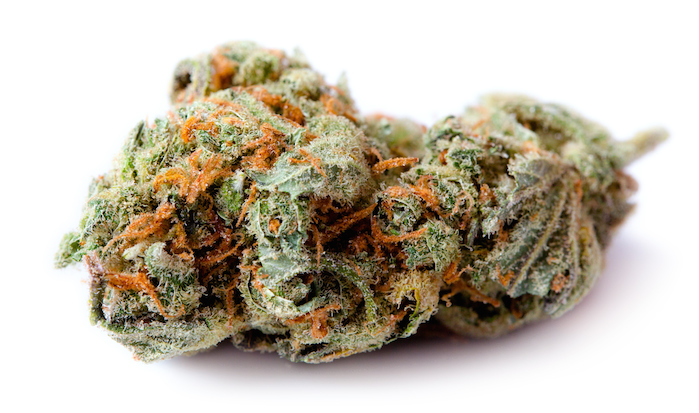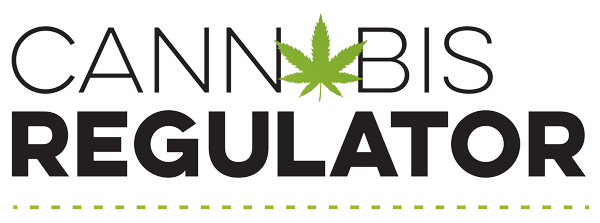Does legalizing cannabis negatively affect alcohol sales?
Two recently released reports draw opposite conclusions.
People concerned about what legal pot means for alcohol tend to point out that both products achieve the same thing: a way for consumers to relax. Now that people can buy cannabis at retail stores as they would wine or a 6-pack, it makes sense that some would swap out alcohol for marijuana.
But does it really? After all, it’s not like cannabis didn’t exist before legalization. Thanks to the black market, U.S. consumers have grown accustomed to marijuana long before legalization became a viable concept. In other words, customers have already had the choice between alcohol and cannabis — and the alcohol industry seems to be doing just fine.
Though a study released this week does raise eyebrows.
According to research conducted by the Cannabiz Consumer Group (C2G), in markets where cannabis has been legalized, this budding industry has already cannibalized 7.1% of beer revenues.
The study says that while there is a “novelty impact” that skewers predictions for emerging markets, C2G does not believe consumers will easily tire of legal cannabis. Rather, researchers predict that new cannabis customers will stick with it as they educate themselves and explore through different potencies, strains and formats, and how these can benefit physical and mental health.
This behavior is similar to consumers who discover craft beer or whiskey and then experiment across the categories’ many brands and styles. One can imagine the adventurous modern consumer — Millennials especially — becoming similarly engrossed with legal cannabis.
And yet, another recent report argues that this is good for craft beer.
The investment firm Bernstein released a study last month entitled “Weekend Consumer Blast: Beer & Weed revisited.” Contributing analysts considered broad market trends and data and concluded that beer and marijuana “are more complements than substitutes.”
“If anything, our analysis indicates that the legalization of medical marijuana had a positive impact on beer volume trends,” the authors added.
In line with the C2G report, the Bernstein study did acknowledge the early alcohol-market disruption caused by legalization (and its novelty to consumers). But Bernstein analysts believe this is temporary — not permanent.
Part of their argument rests conclusions drawn from buying behavior of typical legal-cannabis users.
“Many industry observers point to the similarities of the craft beer and cannabis cultures and feel that legalizing weed could help craft beer grow sales while eating into the larger brewers’ market share,” the report states.
The study also points out that “In the three years [prior] legalization, per capita beer consumption was falling one percentage point faster than the national average . . . But in the 3 years after, per capita consumption trends were broadly in-line with the national average.”
Back to buying behavior, the C2G report — with its less-optimistic outlook on relations between alcohol and cannabis — argues that understanding demos is critical for the alcohol industry in a post-legalization world.
“Consumers use cannabis to satisfy various social, medical and experiential needs,” explains Rich Maturo, C2G CIO. “By better understanding why different segments of consumers’ use cannabis, companies can minimize the loss resulting from legalization.”
C2G expects legal cannabis to impact other segments of the alcohol industry as well, including wine, spirits and on-premise sales.
In the meantime, the alcohol industry remains in a wait-and-see position. Will legal cannabis compliment alcohol — or replace it? Not enough data exists yet for definite conclusions either way, but there is logic for both concern and hope.
Kyle Swartz is editor of Cannabis Regulator. Reach him at kswartz@epgmediallc.com or on Twitter @kswartzz











